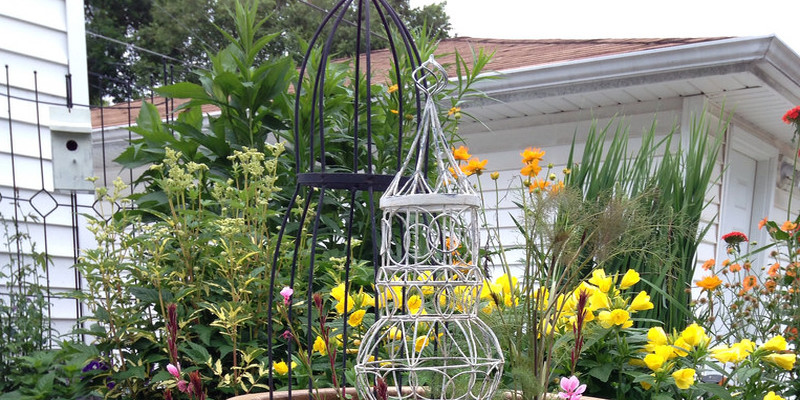At first glance, Penkoted grass seed may remind you of vibrant substances meant to eliminate your small, furry pals. The issue is legitimate: mice naturally favor seed-and-grain menus and enjoy sampling new treats. Penkoted grass seed does contain low levels of a compound which can be toxic to mice when ingested. Using Penkoted seed properly and storing it keeps the risk of harm to your neighborhood mice very low.
Behind the Color
Penkoted grass seeds carry a distinguishing green coating created by Pennington Seed. Applied as a quick-drying green liquid, Penkote seals grass seeds also protects them against fungal disease that attacks germinating seeds and young seedlings. Diseases which decimate stands of new grass are kept at bay in the day seed hits the ground. Penkote also makes grass seed less palatable to birds, which may feast on freshly sown seed. Pre-treatment eradicates the need for later chemicals treatments, but may put hungry mice at risk.
Within the Coating
The exact ingredients in Penkote stay Pennington’s proprietary secret, but the green coating includes a fungicide, an insecticide and a plant nutrient that stimulates grass growth. Whatever the particulars, just one ingredient is deemed hazardous and requires disclosure to the general public. Known as Apron, that compound provides the fungicidal element which makes the Penkote process function and maybe harms mice. Agencies charged with protecting public and environmental safety deem Penkote’s other, nonhazardous ingredients protected.
Recognized Risks
At amounts utilized in Penkote seed coatings, Apron isn’t considered dangerous under normal exposure and proper use. Apron’s hazardous component, a compound called Mefenoxam, accounts for one-third of this Apron in Penkoted seed. At Penkote speeds, this translates to 1 part Mefenoxam each 9,072 components of seed, or 1/2 ounce per 100 pounds of seed — a great deal for a mouse to eat. Under normal use, Penkote can cause skin irritation in humans. As with all chemicals, exercise care whilst working together with Penkote seed. Wear gloves, long sleeves and protective goggles whenever using chemicals, such as chemically treated grass seeds.
Penkote Precautions
Though hazards are low, Penkote contains a powerful chemical. What causes skin irritation on contact is another issue when ingested. Consumed at elevated levels, Mefenoxam was demonstrated to cause liver damage in mice and other animals, including dogs. Risks of birds, bees and fish are minimal. Always shop Penkoted seed and other lawn and garden chemicals safely past the reach of children, domestic pets and wildlife. If seed spills, indoors or outside, clean it up promptly and thoroughly. Never leave a pile of treated seed untended or a tote where curious rodents or other creatures may feed.
